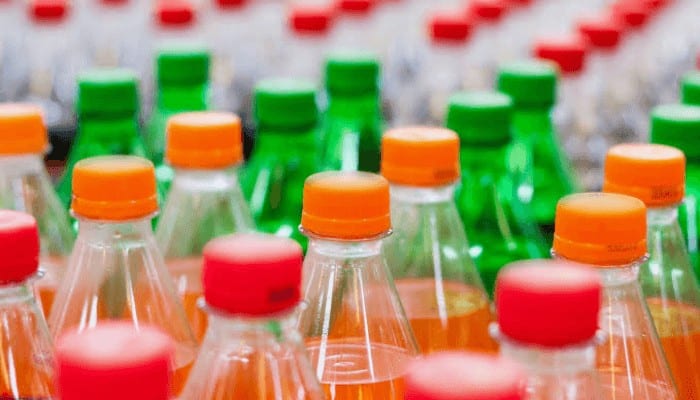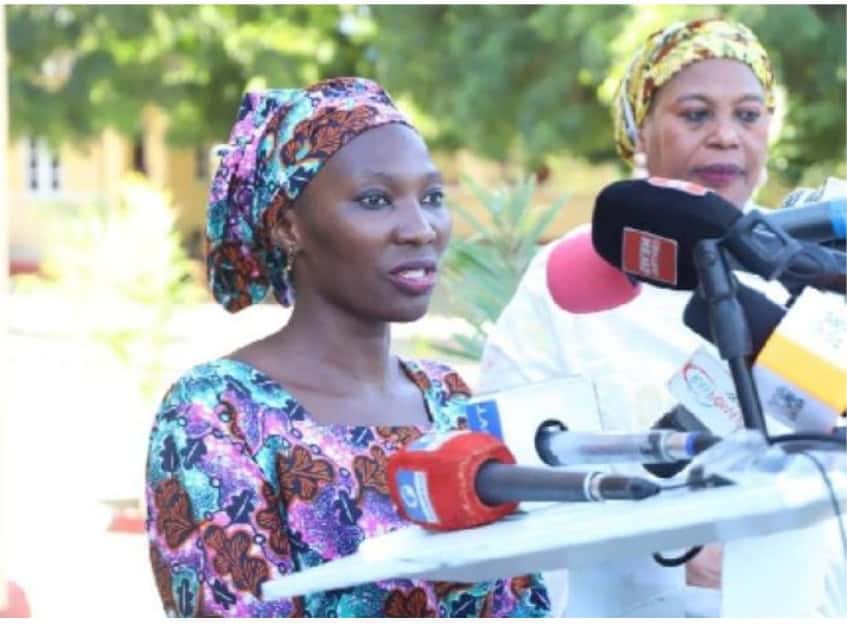The Federal Government has expressed its readiness to raise tax on sugar-sweetened beverages (SSB) from the current rate of 10 percent to 20 percent.
The SSB tax, embedded in the Finance Act of 2021, levies a N10 tax on each litre of all non-alcoholic and sugar-sweetened carbonated drinks, as part of efforts to discourage excessive consumption of sugar.
Stakeholders have repeatedly urged the government to raise the tax, saying the current rate has not achieved the impact as SSBs are still affordable and consumption is still high.
The head, public health department, federal ministry of health, on Tuesday, acknowledged that the current N10 per litre fails to achieve the goal of reducing consumption and ultimately the burden of Non Communicable Diseases, NCDs.
She said this at a pro-Health Tax Policy Campaign on SSB, in Abuja convened by the National Action on Sugar Reduction Coalition (NASR).
She noted that the introduction and sustenance of the tax in Nigeria will also reduce excess consumption of SSBs and thus reducing the burden of NCDs.
She expressed concern that SSBs were readily available and have been found to be the leading source of added sugar with Nigeria being the largest consumer of SSBs in the world.
The director revealed that excess consumption of Sugar-sweetened beverages has become a significant public health concern and a threat to the future generation as its consumption is high among children and adolescents.
She also noted that Nigeria is a low and middle-income country where more than 70 percent of the populace pay for health expenditure out of pocket and among countries with 77 percent of the global 41 million deaths caused by NCDs.
Speaking, a representative of NASR, Edozie Chukwuma while stressing that sugary drinks were a leading cause of NCDs like diabetes, cardiovascular diseases as well as obesity which are also fatal, urged the government to increase tax on sugary drinks, and enact a pro-health tax that channels revenue from taxation of sugary drinks to the funding of such healthcare concerns.
He noted that even the World Health Organization recommends at least 20 percent to ensure this taxation is passed to the consumers by elevating the prices of sugary drinks and forcing people to choose healthier alternatives






